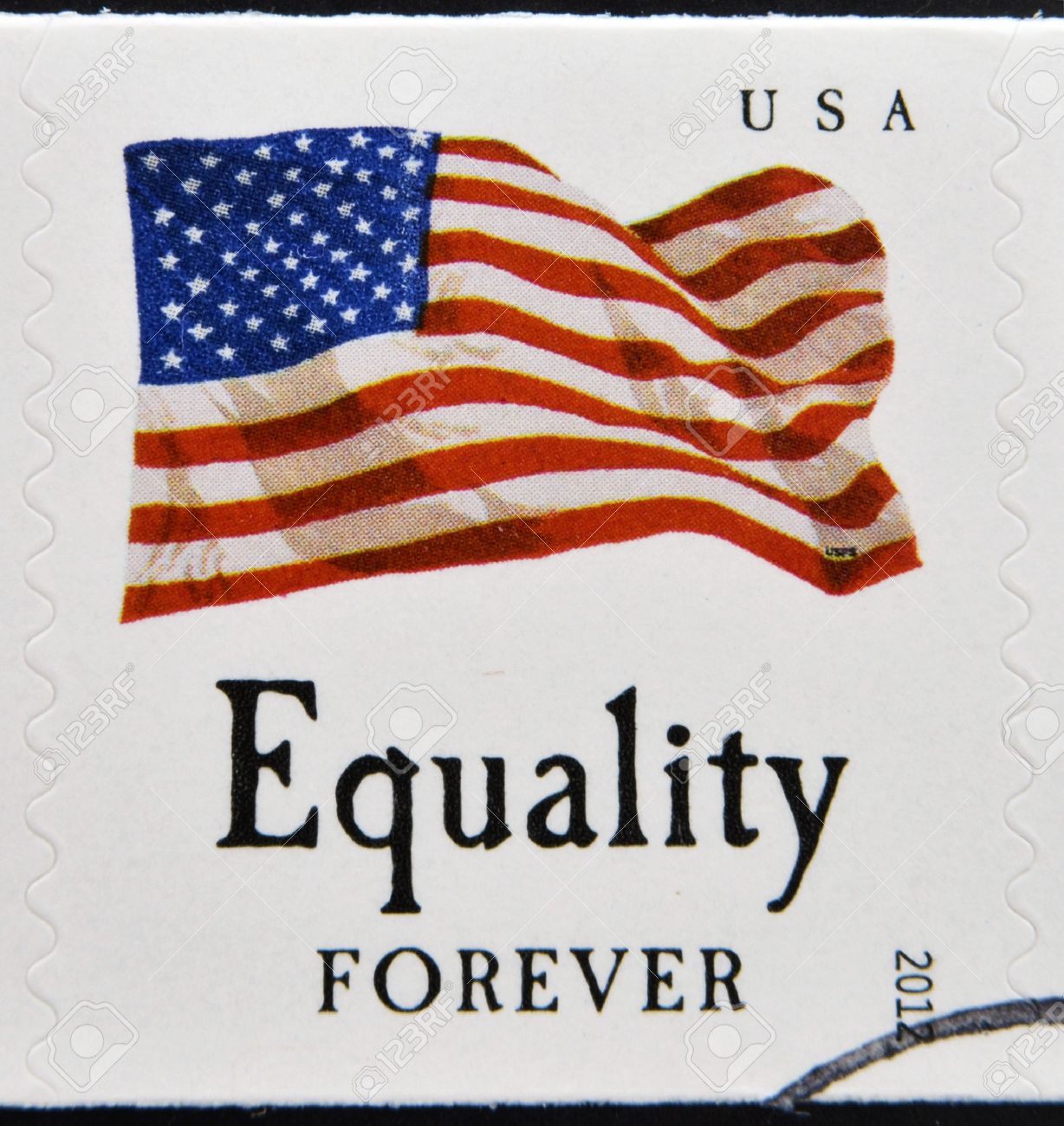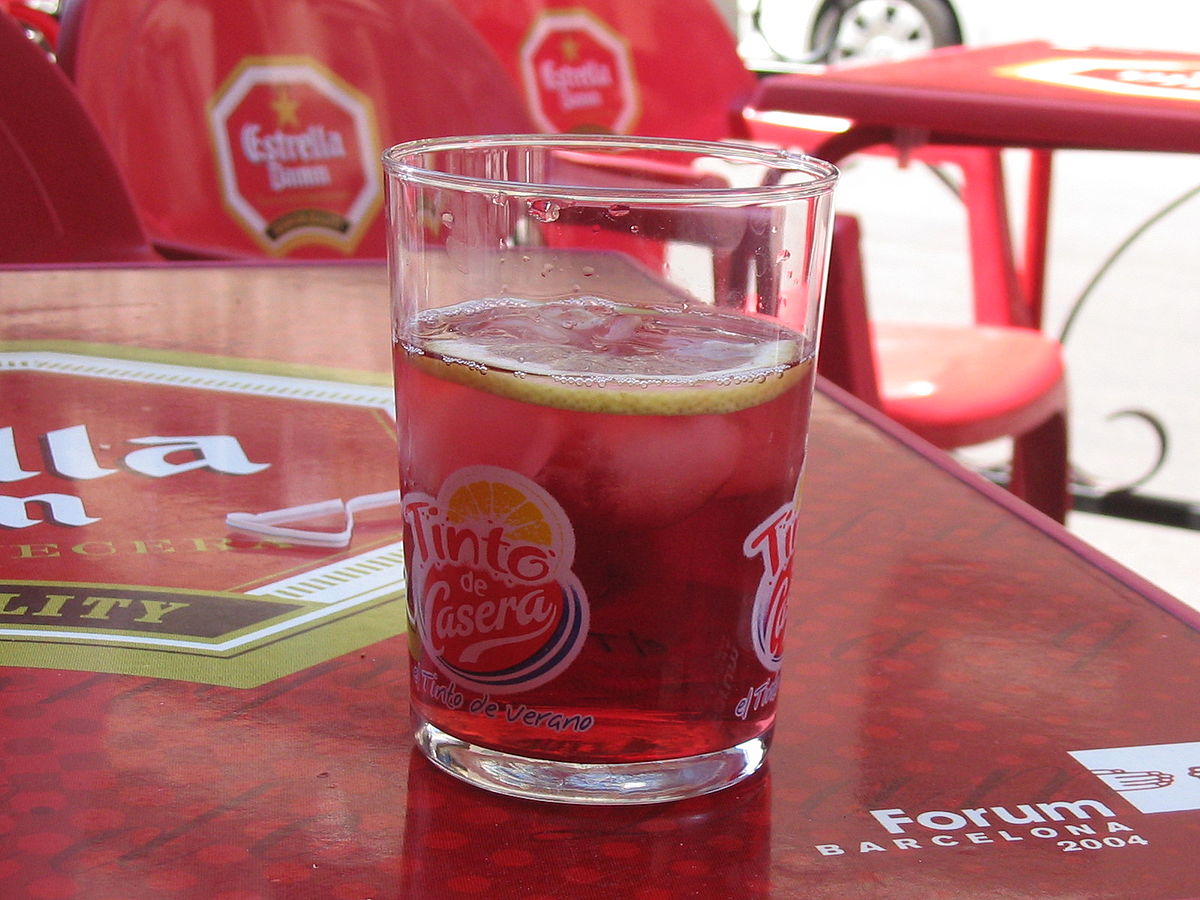This is the fourth article in a series entitled “My Mediterranean Adventures”
As I sip the last drops of my tinto de verano, the automatic mister sprays my face with room temperature water…a brief moment of relief in the afternoon heat of Andalucia. My knee starts bouncing up and down, and I look left and right for the waiter. “Where the hell is he?” I think to myself.
My friend and I finished our tapas 5 minutes ago. I’m still waiting on tap water—which I asked for twice. And now I’m ready for the check. Seated next to me is a group of three who had started eating around the time we sat down. Their glasses of wine were still half full. A dark haired woman with sunglasses laughed playfully at her friend’s joke as she lit her second cigarette.
Finally, the waiter came around. “You want the check already?” He said, kindly but surprised.
In America, we are spoiled with the commonly held belief that we deserve good customer service. But where did this idea come from? And what are its implications?
On a practical level, American waiters and waitresses rely on the money they make from tips. In addition to not being paid very well by most restaurants, the cost of living is much higher here. In Europe, waiters are paid generally well, and their bills aren’t nearly as high as ours.

On an existential level, I’m compelled to believe that (1) the American exaltation of the democratic value of equality, and (2) the general consumerist logic that if I want something, I deserve to be able to get it, have played a role in the development of our standards for customer service.

I think about how offended my family members have gotten when a waiter forgot to tell the kitchen that they didn’t want tomatoes in their salad. It’s not like they had a deathly allergy or anything, they just “didn’t like them” (because raw tomatoes “are gross.”)
“I want to speak to your manager.” The offended American has a whole supply of defenses when provoked. In a good restaurant, the manager while come out trembling…even groveling, pleading with the customer to forgive them. “Here are two vouchers for a free meal, sir. We promise this will never happen again.” The fear of the disgruntled customer telling his friends about how horrible the restaurant is—or worse, writing a bad review on Yelp—looms over his head like a dark storm cloud.

Why are we so entitled in America? Why do we deserve to be treated like royalty? On one hand, I think there is a real intuition that human beings deserve to be treated with dignity and respect. On the other hand, I wonder if that sense of the customer’s “right” to good service is based on a twisted notion of human relationality which has been tainted by a capitalistic view of power. The dynamic between the customer and waiter is less of a human interaction as it is a transaction.
As frustrated as I was by the lack of customer service in Southern European restaurants, I feel like they treated me more like a human than like a potential source of money. Forgetting to bring me my tap water and taking forever to bring me bill made me feel more like a fellow human being. Humans are forgetful. They can still be kind and friendly even when making mistakes. Them not looking at me as a powerful source of wealth put us on equal footing which the seemingly-artificial pretense of “treating the customer right” doesn’t allow for.
So who’s got it right? I can’t say I’m sure. I’ll leave that for the customer to decide.












